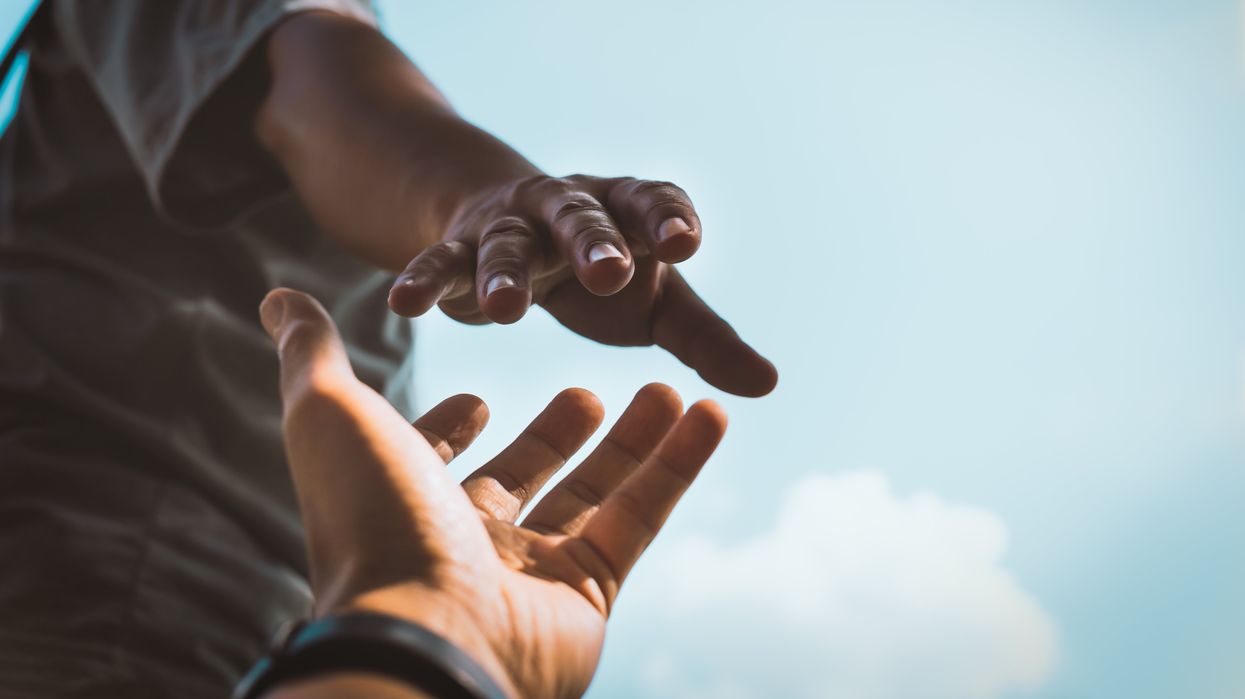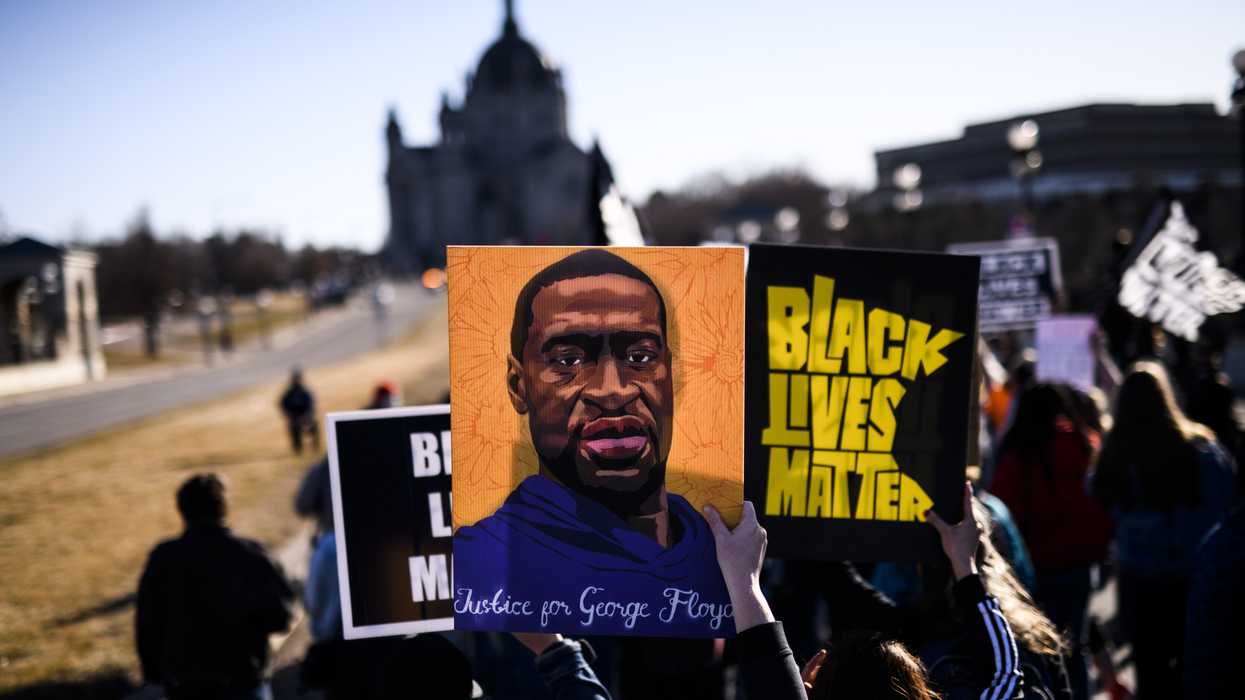When Tyler Perry announced that legendary comedian and actor Sinbad would return to acting for the first time in five years after surviving a debilitating stroke, it wasn’t just entertainment news—it was a national moment of restoration. For many, it was a powerful image of what happens when one person chooses to believe in someone others have counted out.
This moment transcends the celebrity world. It offers a mirror for how society treats individuals who have been confined to cages—not for health crises, but for criminal convictions. Just as Sinbad was given space to reclaim his dignity and craft, people who have endured the isolating and punishing conditions of incarceration also deserve an opportunity to reenter society with hope, purpose, and humanity intact.
Clemency and pardons are more than legal or political tools; they are instruments of restoration. They hold the power to rebuild not just individual lives but families, communities, and even faith in justice itself.
The highly publicized and politicized pardons of high-profile individuals, celebrities, gang leaders, and convicted politicians by President Donald Trump recently are more about favoritism than fairness. With his 1,600 pardons for those connected to the January 6, 2021, insurrection events near the U.S. Capitol, the message was about partisan ideology.
Because only governors and presidents can grant pardons, there are millions whose profiles are not high enough to reach their desks. Since 1973, more than 200 people have been pardoned for wrongful convictions.
There are many, many more who need forgiveness and second chances.
The United States continues to lead the world in incarceration, with approximately 2.5 million people behind bars. Mississippi has the highest incarceration rate per state.
While there was a dramatic decline in prison and jail populations in 2020 due to emergency COVID-19 policies, that progress is now reversing. Between autumn 2022 and spring 2024, incarceration rates rose by 2%, with Mississippi increasing its prison population by 15% between 2021 and 2022 alone.
States like Arkansas, South Dakota, Montana, and Wisconsin also saw sharp increases. Recently, 2022 marked the first year in over a decade that the national prison population rose—driven by growth in 36 states and the federal system—highlighting the urgent need for bold, sustained reforms to avoid sliding back to pre-pandemic incarceration levels.
The prison system has too often been a place where rehabilitation is promised but rarely fulfilled. For some, it becomes a warehouse of despair. For others—especially those who discover education, faith, or purpose behind the walls—it becomes a crucible of transformation.
I’ve observed how Mississippi’s harsh sentencing laws have devastated lives, especially for first-time, nonviolent offenses. Gregory Hollins was sentenced to a mandatory 60 years for a nonviolent drug offense—he’s now served 16 years, with no parole or early release options under current law.
Paul Houser, also a first-time offender, was given the same 60-year mandatory sentence and has now been incarcerated for 17 years. These are not isolated cases; they represent a broader pattern of extreme punishment that breaks families and burdens taxpayers without improving public safety. Mississippi must confront these injustices and create pathways for redemption, not permanent exile.
I know this not only as an observer but as someone who was incarcerated and who has spent more than 35 years working directly with incarcerated and formerly incarcerated individuals across the Deep South. I know firsthand how systems fail to provide the tools for change—yet how human dignity and support can spark it anyway.
Yet transformation alone is not enough without a pathway home. That’s what second chances offer. They are the bridges between who someone was, who they became inside, and who they can be outside.
The story of Sinbad’s return was made possible because someone removed a barrier—because one person used their platform to uplift another. In the same way, a pardon or commutation issued by a governor or president is not a reward for perfection but an act of grace that acknowledges the potential in every human being.
As The Sentencing Project and The Marshall Project have documented, clemency not only lowers recidivism—it restores dignity.
In states like Mississippi and across the Deep South, this message is urgent. Thousands of people who have served their time remain locked out of opportunity due to felony convictions. They are barred from employment, housing, education, and even the right to vote. Yet when these barriers are removed and real opportunities are created, the results are undeniable: communities heal, families reunite, and society benefits.
That is what happened when Tyler Perry opened a door for Sinbad. A family was restored. A legacy was revived. And a man who had every reason to give up stood up.
The same can happen for the thousands of men and women languishing behind bars or living under the weight of a conviction. With the power of one signature, governors and presidents can open doors and change destinies. They can offer the kind of radical hope that rewrites stories and transforms communities.
This is not just a matter of policy—it is a moral imperative. Because when one is restored, many rise. And when dignity is returned, humanity is redeemed.
Pauline Rogers is a longtime criminal justice reform advocate and founder of the RECH



















